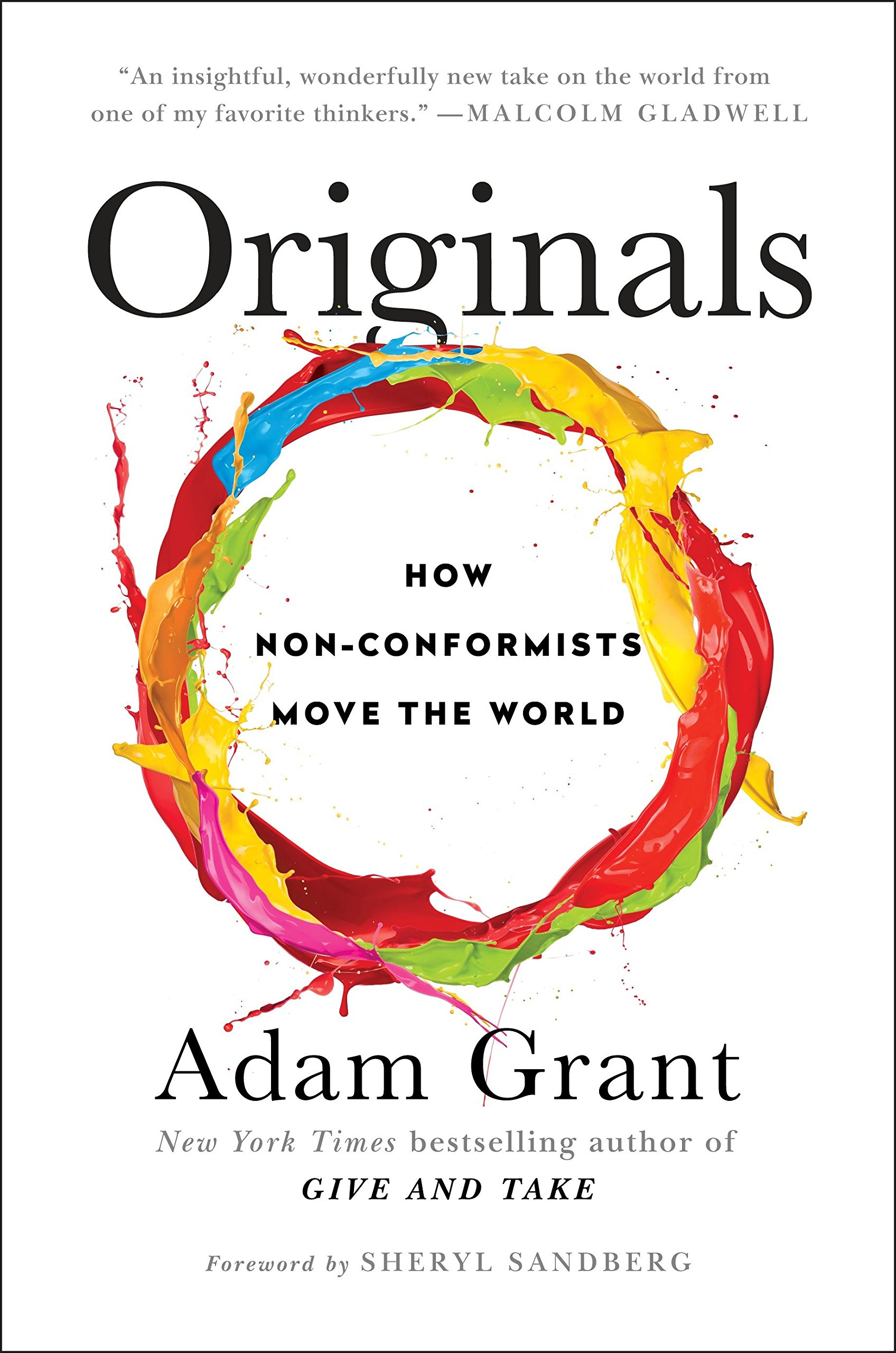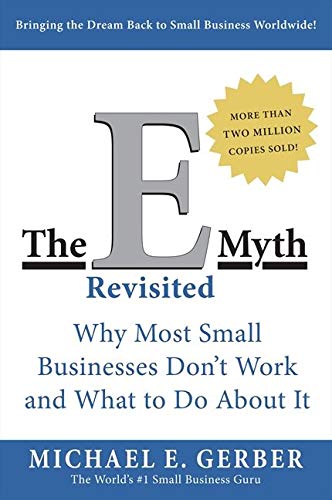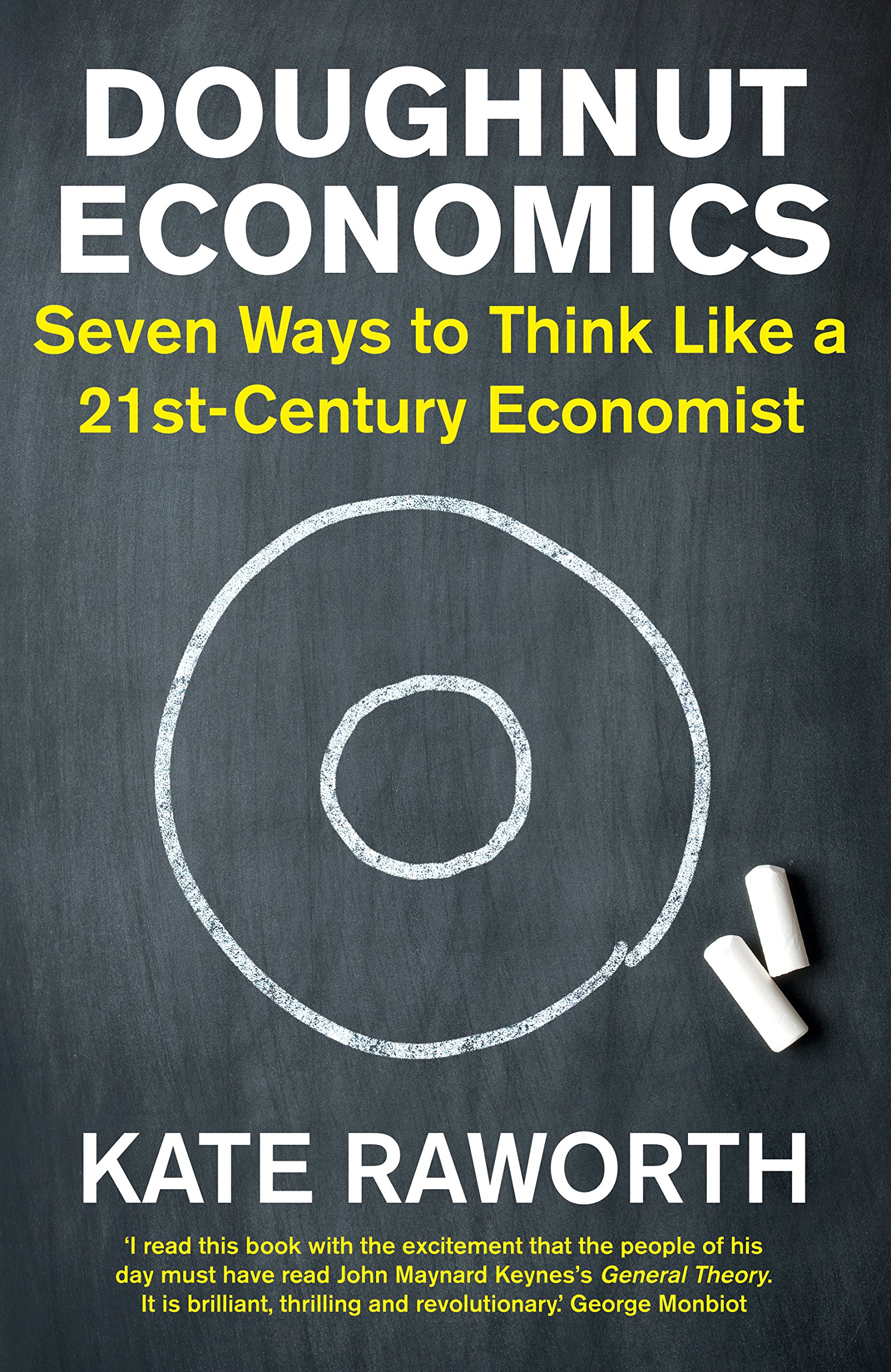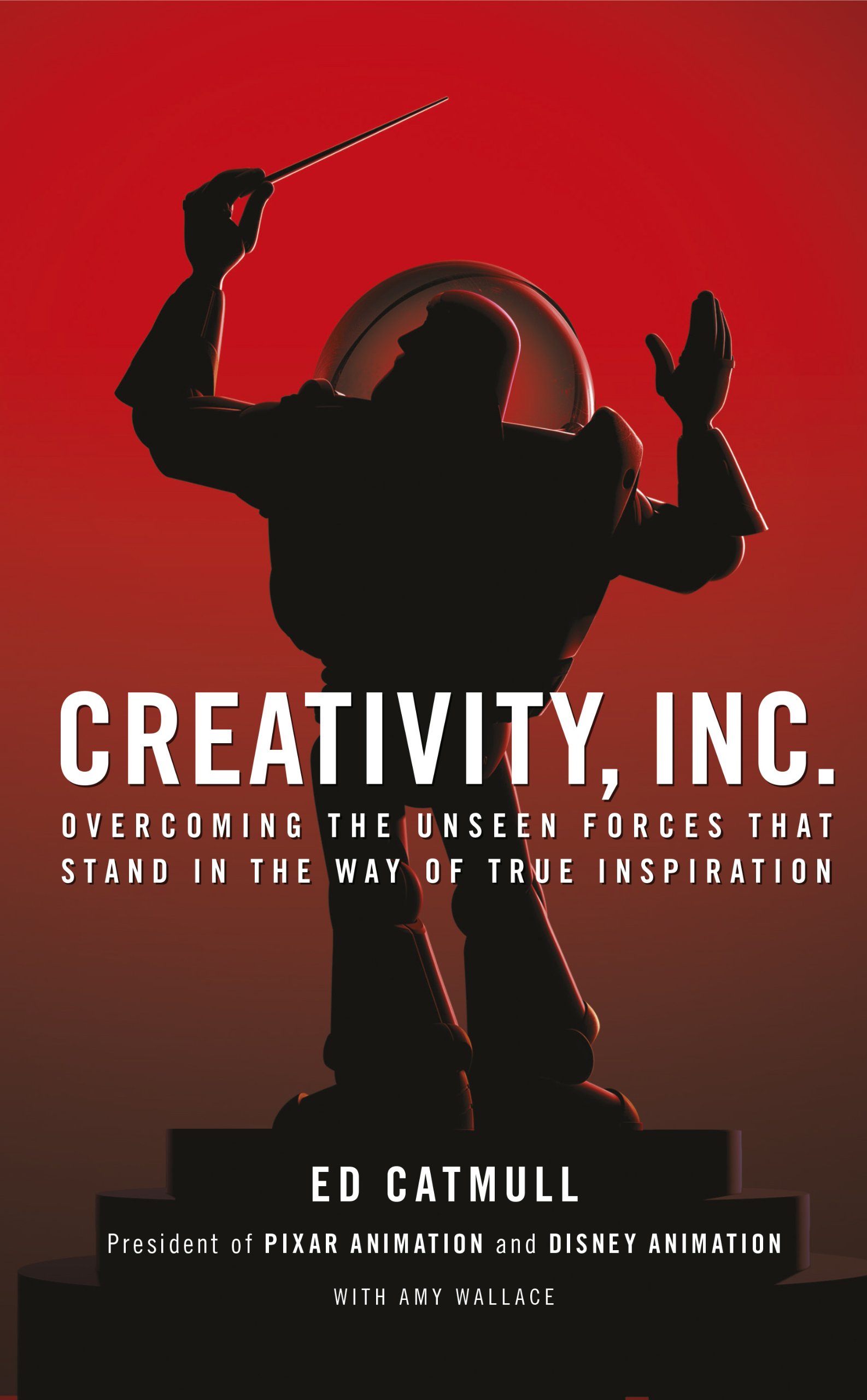What are common traits shared by those with important, new ideas?
Originals by Adam Grant is about the characteristics of individuals who have pursued the truly novel. Grant discusses many people who have taken unquestionably original paths and uses this to identify unifying themes.
A key take-home is that unique ideas do not arise out of thin air only for people who are geniuses. Like almost all other aspects of human performance, it is multifactorial and can be developed.
Key points:
- Most creators are risk mitigators, not big risk takers. They didn’t necessarily ‘risk it all’ at the start. E.g. many successful entrepreneurs kept their day-job until they were sure their new venture was viable
- You need to be able to see the status quo with the mind of novice in order to challenge its assumptions
- There is a strong risk aversion against moving away from the norm
- A principle limitation is idea selection, more so than generation of ideas
- However, individuals’ most creative periods were when they were generating lots of work, so more ideas is better
- It is best to instigate change once have reached a substantial level of status within a field [this message is mirrored in Robert Greene’s Mastery]
- Most people underestimate how many times they need to repeat a message before it is taken in by others
- When giving presentations aimed at persuading others, start with the negatives. Then it is harder for the audience to think of more downsides and you seem more genuine
- You may be more creative / non-linear when not at your peak alertness (or most ‘productive’)
- First movers often don’t have an advantage as consumers may not be ready and later entering can focus on other superior novel traits
- Procrastination is useful for creativity when it is constructive: through testing out ideas
- Major change may need tempered radicalism so the new idea is packaged with a familiar one.
- But to brainstorm a novel idea, start from a radical position then apply familiar ideas
- Youngest children are most frequently original due to more rebelliousness. This might be due to growing up with more autonomy and security, from older siblings
- Parents can foster creativity by emphasising values and how this links to their character, when explaining right/wrong
- Groupthink can be attenuated by actively seeking out people who genuinely dissent from the majority opinion. This is different to asking someone to play Devil’s advocate, which is less effective
- Principles from Ray Dalio’s Bridgewater heralded as an example of seeking out ideas and encouraging speaking up, however it is not evidence based, rather focused on triangulation of believable people
- It is useful to have a hierarchy of values/principles embedded into a culture, to include openness and encouraging challenging opinions, to help make decisions
- Unique people often focus on everything that could go wrong, which encourages them to plan incessantly and prepare effectively [akin to Jim Collins’ description of how ‘paranoid’ executives were more effective]
Quite a few novel points here but it doesn’t seem to give such a clear ‘roadmap’ towards original thinking. However, it is encouraging to read that comparatively straightforward steps can be taken to increase the odds of any individual coming up with great new ideas.
More books like this:
- Mastery by Robert Greene
- Blink by Malcolm Gladwell
- Creativity Inc. by Ed Catmull & Amy Wallace
Useful links:
- Adam Grant’s podcast.
- Here are one, two, and three further summaries/reflections on this book for comparison




